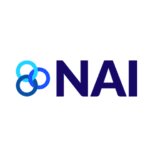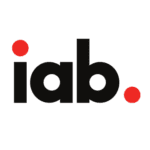Occupational Customer Acquisition Data - What Does it Do?
Occupational customer acquistion data in marketing refers to information related to individuals’ job roles, industries, professional titles, and career-related attributes. It provides insights into customers’ professional lives and helps marketers understand their target audience on a deeper level. Occupational data is collected and analyzed to segment the audience, personalize messaging and content, inform product development, collaborate with industry influencers, and strengthen customer relationships.
Successful marketing strategies rely heavily on data-driven insights, no matter a business’ niche. Marketers are constantly seeking new ways to understand their customers better and deliver personalized experiences. One valuable resource that often goes untapped is occupational data. By harnessing occupational customer acquisition data effectively, marketers can gain a deeper understanding of their target audience, tailor their messaging, and create impactful campaigns.
Why Collect Occupational Data?
Occupational data offers marketers a wealth of opportunities to enhance their marketing strategies. By leveraging this data effectively, marketers can segment their audience, personalize their messaging, inform product development, collaborate with industry influencers, and strengthen customer relationships. Understanding customers’ professional lives enables marketers to deliver targeted, relevant experiences that resonate on a deeper level. In an era where personalization and relevance are paramount, embracing occupational data is a powerful tool for marketers seeking to stay ahead of the competition and build lasting connections with their customers.
Segmentation and Targeting
Occupational data provides crucial insights into customers’ professional lives, enabling marketers to segment their audience effectively. By categorizing customers based on their job roles, industries, or career stages, marketers can create highly targeted campaigns that resonate with specific segments. For example, an online learning platform can tailor its messaging to appeal to working professionals seeking career advancement, while a business travel agency can target frequent travelers in managerial positions. Such segmentation ensures that marketing efforts are laser-focused and relevant to the intended audience.
Personalization and Content Strategy
Occupational data allows marketers to personalize their communication and content strategy. By understanding the challenges, pain points, and goals associated with different occupations, marketers can create tailored content that speaks directly to customers’ needs. For instance, a financial services company can provide content that addresses specific tax-related concerns faced by freelancers or develop guides for entrepreneurs seeking investment opportunities. By showcasing expertise and addressing specific occupational pain points, marketers can build trust and establish themselves as valuable resources within their respective industries.
Ready to unlock the power of occupational data in your marketing strategies? Install our pixel and see the collection in real time.
Product Development and Innovation
Occupational data can serve as a goldmine for product development and innovation. By analyzing customers’ job roles and responsibilities, marketers can identify unmet needs or gaps in the market. This insight can inform the development of new products or the enhancement of existing offerings. For instance, a software company targeting healthcare professionals might discover a need for a specialized electronic medical records system that streamlines administrative tasks. By aligning product development with customers’ occupational requirements, marketers can ensure their offerings provide real value and gain a competitive edge in the market.
Influencer Marketing and Advocacy
Occupational data can help marketers identify influential individuals within specific industries or professional communities. Leveraging this information, marketers can engage with industry experts, thought leaders, or influential professionals who align with their brand values. Collaborating with these individuals as brand advocates or ambassadors can amplify marketing efforts, increase brand awareness, and build credibility within the target industry. Additionally, such collaborations can help generate valuable user-generated content, testimonials, and case studies, further strengthening the brand’s positioning.
Customer Retention and Loyalty Programs
Occupational data plays a crucial role in customer retention and loyalty programs. By understanding customers’ professional journeys, marketers can develop personalized retention strategies and loyalty programs tailored to their specific needs. For instance, a B2B software company can offer exclusive training resources or certifications to customers in specific job roles, ensuring their continued success and loyalty to the brand. By recognizing and rewarding customers based on their professional achievements, marketers can foster long-term relationships and drive customer advocacy.
Want to boost customer retention and loyalty? Explore the power of occupational data in developing personalized retention strategies and loyalty programs and make the difference.




